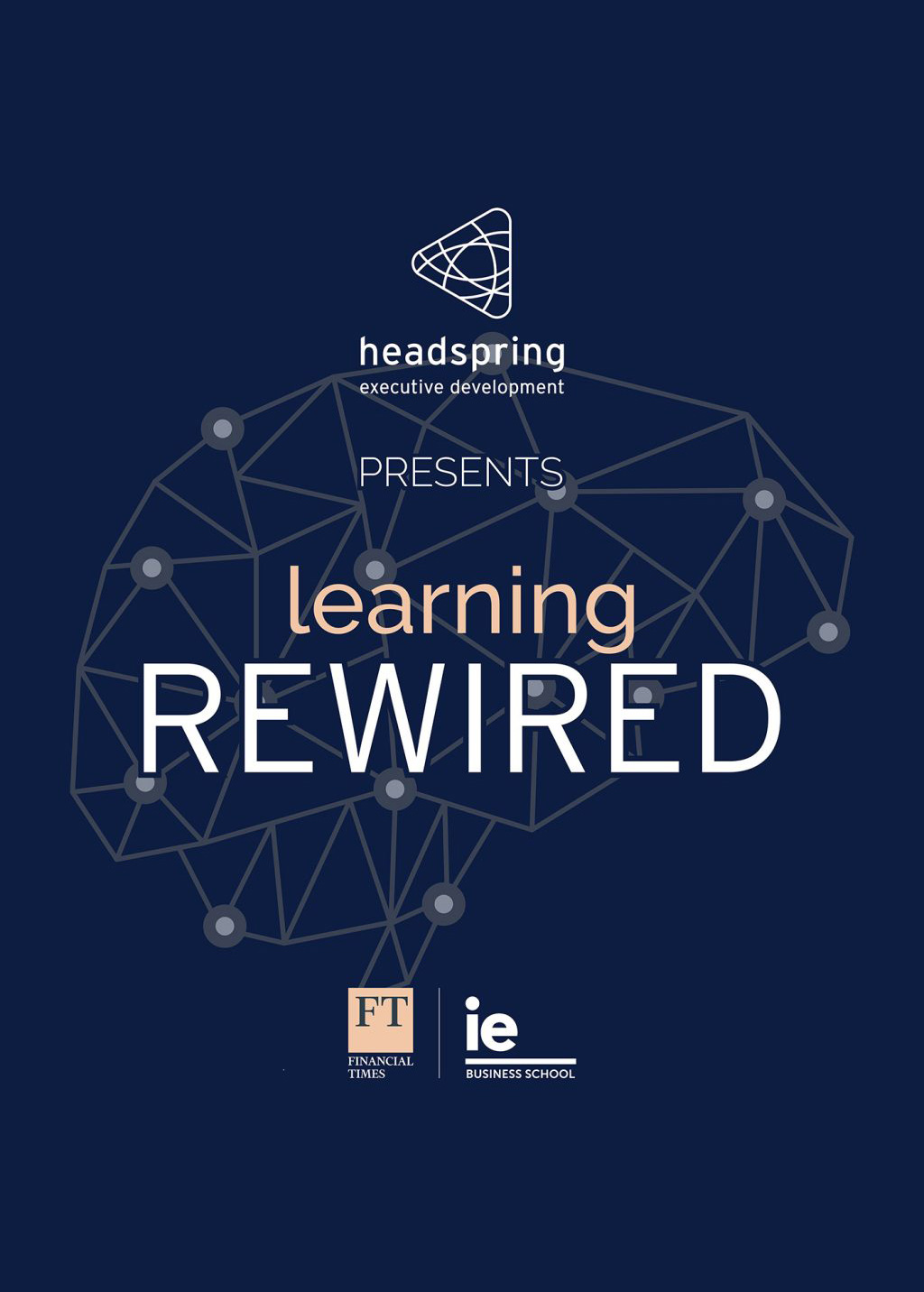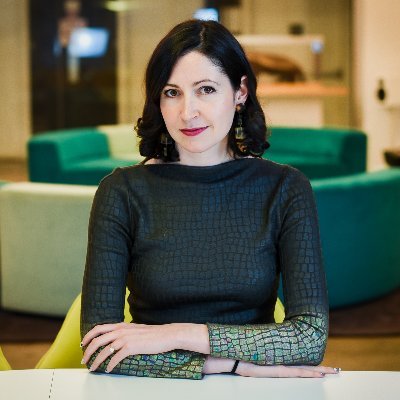- Learning Rewired Podcast
BUILDING BETTER ORGANISATIONS
Are businesses ready to make the necessary adaptations to meet the expectations of evolutionary capitalism?Listen on Spotify Listen on Apple Podcasts

#03 Building Better Organisations
Capitalism is shifting beyond the longheld boundaries of shareholder primacy. Declarations like those made by The Business Roundtable have brought the interests of multiple stakeholders – employees, clients, suppliers, communities, and the environment – to the fore. But are businesses ready to make the necessary adaptations to meet the expectations of evolutionary capitalism? And what are the internal hurdles that may block their way?
In this episode, organisational innovator Kit Krugman, Head of Organization + Culture Design at co:collective, joins us and shares her enlightened views on what’s needed to build better organizations, and answer questions such as:
- What most companies are doing wrong when they talk about values?
- How distribution of power and decision-making shapes purpose-driven business?
- Why building better organisations is crucial to the positive evolution of society?
- What growth mindset organisations look like?

Kit Krugman
Kit Krugman is the Head of Organisation and Culture Design at co:collective where she leads the organisation change and talent innovation capacity. She works with start-ups, non-profit and large organizations such as IBM, LinkedIN and Microsoft in building their innovative works, community, culture, and organizational design.
She is also an advocate of gender equity, inclusion and change leadership, and is supporting policies and programs that are committed to these causes. Kit has been involved in Woman in Innovation (WIN) since its conception as an Ambassador, then as the President and Chair of the Board, and finally as the interim Global Executive Director before joining the board to support development efforts.
Kit Krugman holds a masters in Organizational Psychology & Change Leadership from Columbia University, and a B.A. in Literature and Studio Art from Yale University. Her commitment to building more inclusive communities and organisations is widely recognised, and can be witnessed in several publications such as INC, Fast Company, Talent2030 and Adobe’s 99U.
Learn more about Kit KrugmanIn this Episode...
How does the typical power distribution in organisations impact culture? Whether that is the governing body of the organisation, the board or the leadership team, if you look at where decisions are made, you have to think about who's represented in that view - that's where it impacts culture. If you bring a group of people together, and they're making decisions, they are not necessarily going to be representing the views of stakeholders that might not associate with them. That is what shapes culture, processes, procedures and policies.
Parental leave is a great example. In organisations that are led by individuals who might not need to take advantage of parental leave, whether that means that it's a younger governing body or a predominantly male governing body, then you might not think about to make equal parental leave or to model for flexibility.
How to create an organisation with a community of happy and compassionate people treating each other in a fair way? I think that the organisations that do it the best are the ones genuinely invested in setting up a system of learning and growth that throughout that process really establishes what matters and what's important to that organisation, in a way that's really taken up by the various stakeholders.